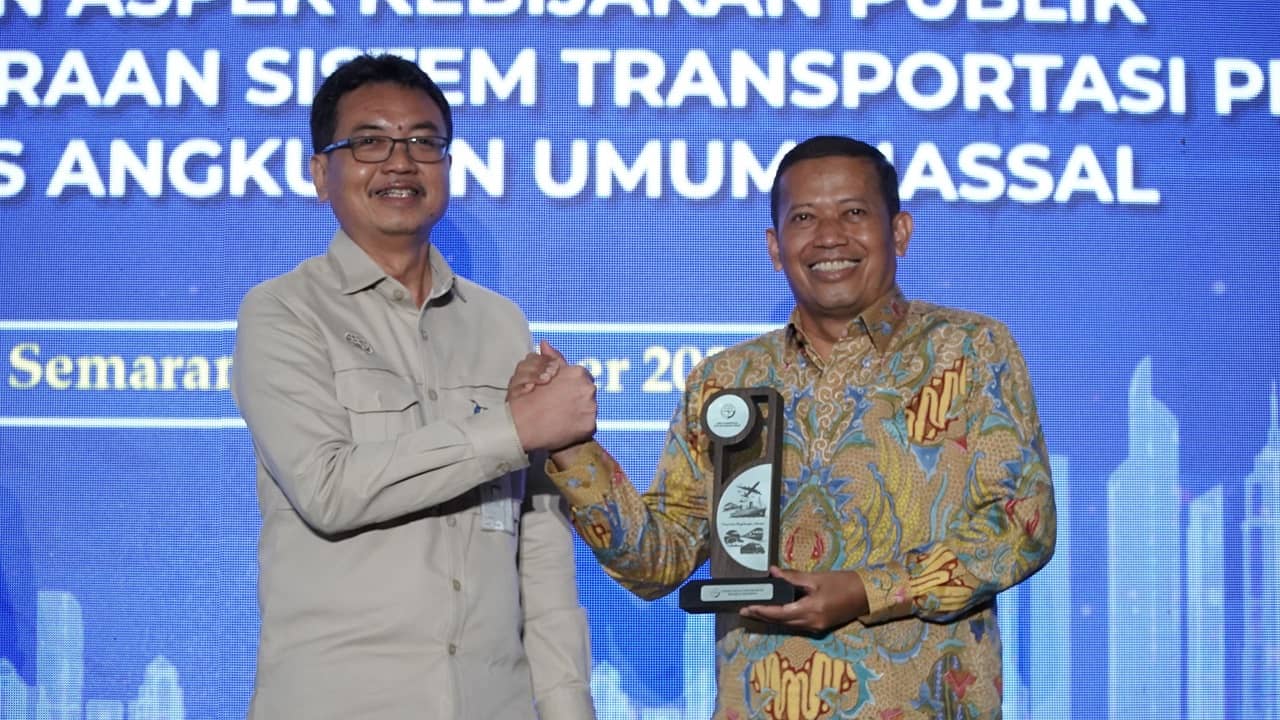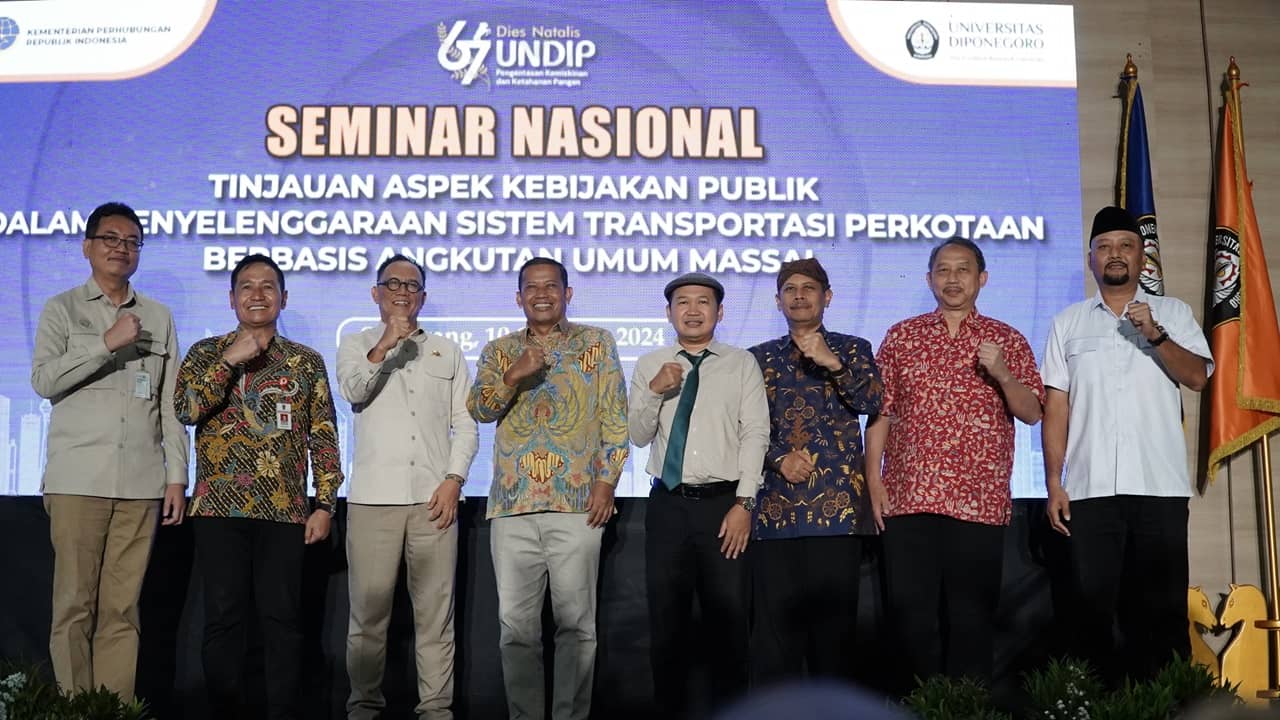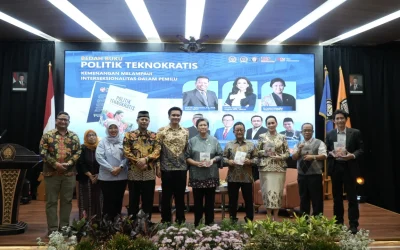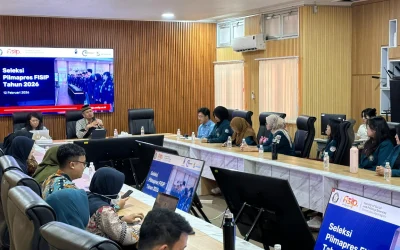Semarang (10/10) – The Faculty of Social and Political Sciences (FISIP) at Universitas Diponegoro (Undip), in collaboration with the Ministry of Transportation of the Republic of Indonesia, held a National Seminar titled “A Review of Public Policy Aspects in the Implementation of Urban Transportation Systems Based on Mass Public Transit.” The event, attended by several influential speakers, highlighted the various challenges and opportunities in developing sustainable urban transportation, emphasizing the importance of collaboration between the government, academia, and the public in formulating effective policies.
The Dean of FISIP Undip, Dr. Teguh Yuwono, M.Pol.Admin., in his opening remarks, stressed the importance of transportation as a basic necessity, equally important as other fundamental needs. “Transportation has now become a primary issue, a basic necessity,” he stated. He also expressed his appreciation to the Ministry of Transportation for its partnership with Undip, particularly with FISIP.
The Rector of Undip, Prof. Dr. Suharnomo, S.E., M.Si., officially opened the seminar, underscoring the vital role of public transportation in alleviating poverty. He noted that while some cities, such as Semarang, have established good transportation systems, there remains a significant gap between urban and rural areas that requires greater attention in transportation policy, especially in light of the upcoming 2024 Regional Elections.
In a video address, the Minister of Transportation, Budi Karya Sumadi, highlighted the increasing challenges of urbanization in Indonesia, projected to reach 66.6% by 2035. He stated that an efficient, community-based transportation system must be a priority, and the seminar is expected to produce strategic policy recommendations, particularly ahead of the regional elections. “The Ministry of Transportation has provided subsidies to 11 cities, serving 71 million people,” he said.

The Acting Secretary of Semarang City, Drs. Mukhammad Khadik, M.Si., outlined the city’s strategies to strengthen the mass transportation system through the development of the Bus Rapid Transit (BRT) and plans for the reactivation of the tram system. He also emphasized the importance of budget support and collaboration with the central government to achieve a modern and efficient urban transportation system.
The Secretary of the Directorate General of Land Transportation, Tatan Rustandi, M.Sc., presented the major challenges facing public transportation in Indonesia, including the low usage of public transport in major cities such as Jakarta and Surabaya. He stated that the government’s Buy The Service (BTS) program has successfully increased the number of public transport users, marking the initial step in addressing traffic congestion and economic losses.
Public transportation expert Djoko Setijowarno pointed out that the growth of private vehicles, which reaches 8% per year, is a major contributor to congestion, particularly in Jakarta. He supported the government’s efforts to promote the electrification of transportation and the integration of different transportation modes as long-term solutions.
As a closing statement, the Dean of FISIP Undip, Dr. Teguh Yuwono, M.Pol.Admin., in his presentation, emphasized that good governance is essential for the efficient management of mass transportation systems. Regional leadership plays a crucial role in making transportation a top priority, especially in the context of the upcoming 2024 Regional Elections.
This seminar is expected to serve as a productive forum for discussing public policies that support the development of better urban transportation systems based on mass public transit in Indonesia.





0 Comments